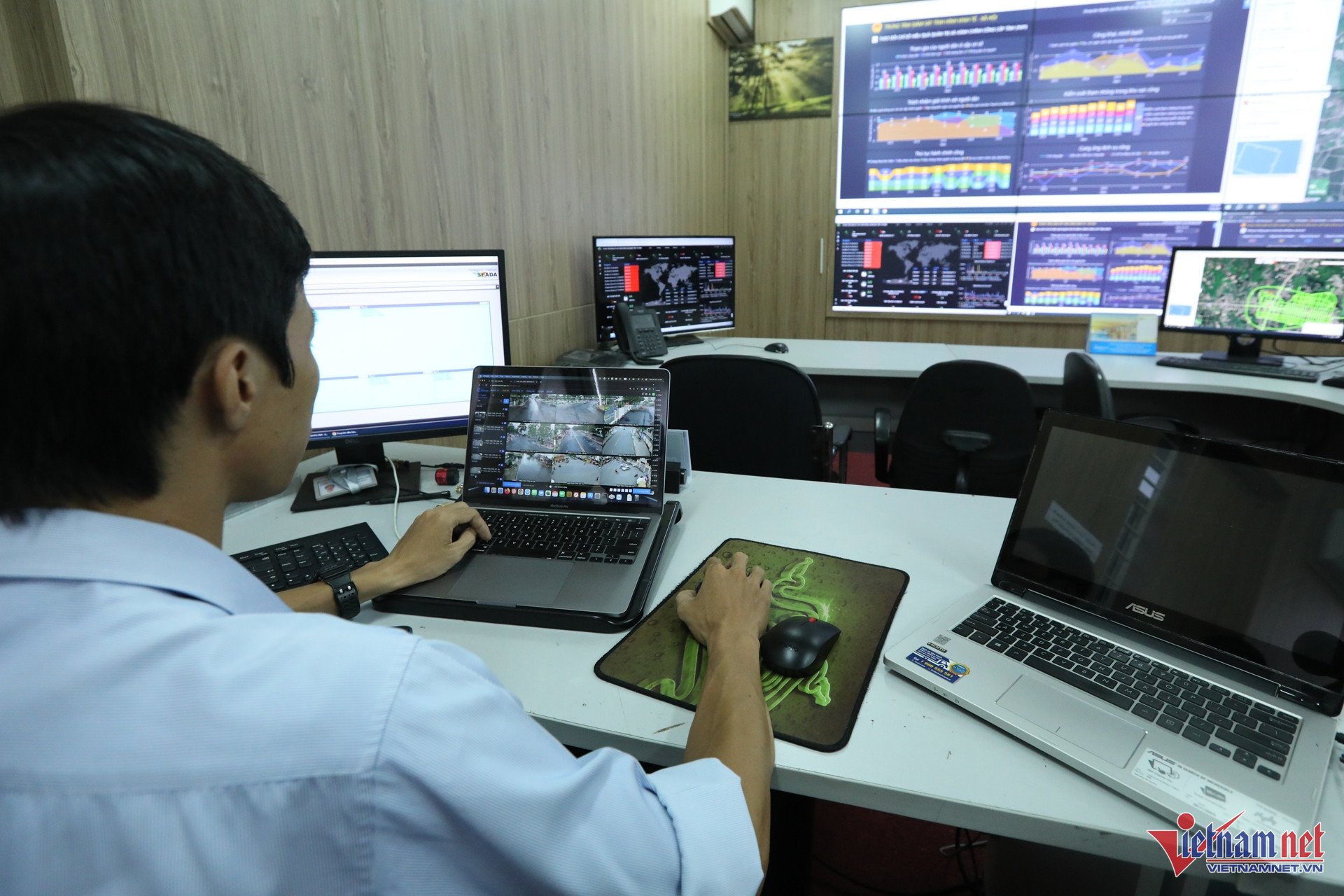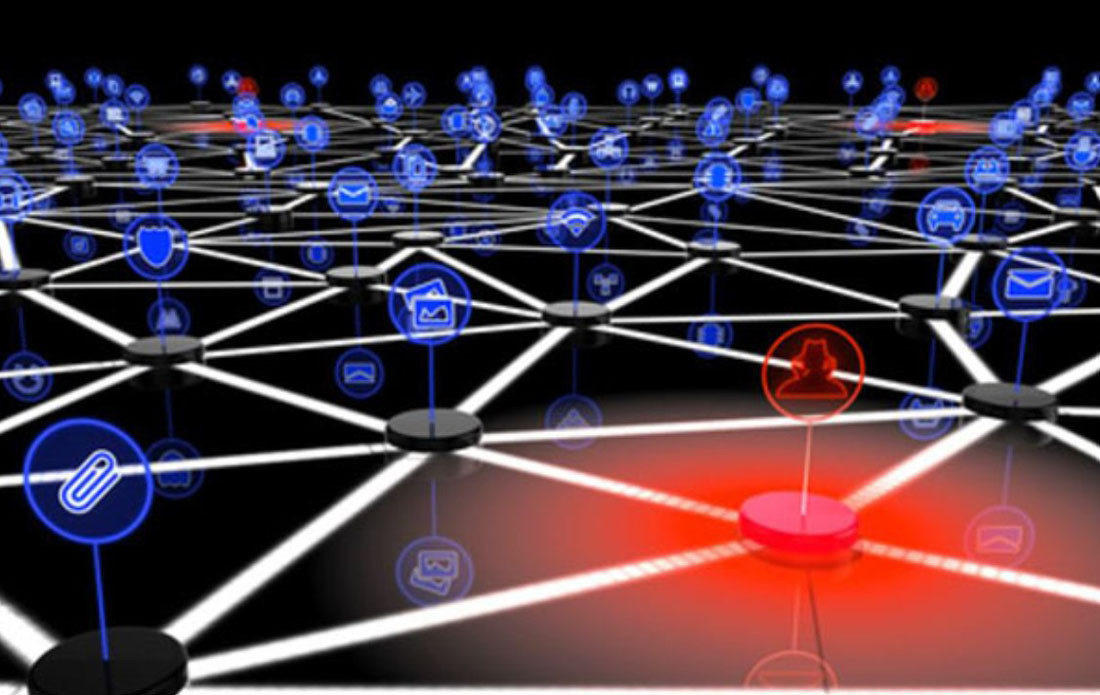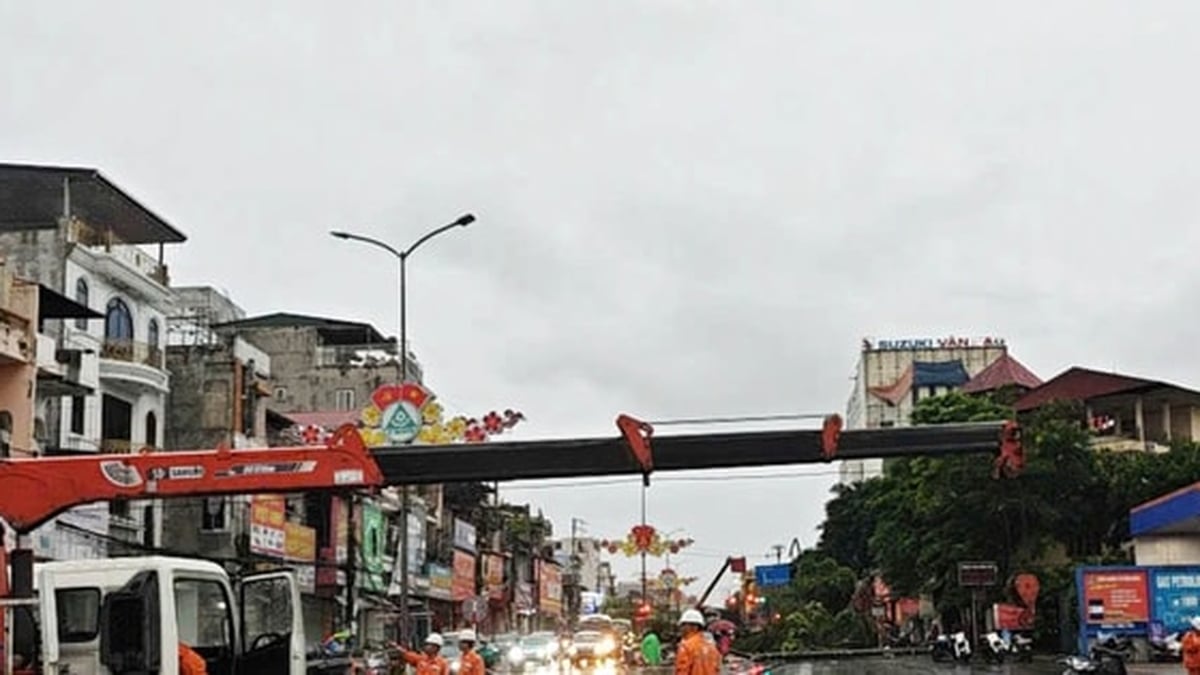9 months, 321 government agency systems connected to botnet infrastructure
A botnet is a network of compromised computer devices used to carry out cyber attacks.
As part of a botnet, the compromised machines are used by the attackers as tools to automate mass attacks such as spreading malware, crashing servers, stealing data, etc.

According to the Department of Information Security - Ministry of Information and Communications , in September 2024, the technical system of this agency recorded 468,796 Vietnamese IP addresses in the botnet network, including 18 IP addresses of state agencies and organizations.
The above figures have been recorded by the Information Security Department and warned to agencies and organizations in Vietnam, especially state agencies.
This is the result of this unit's task of monitoring and early detection of risks from within the system, especially the risk of servers and workstations in the system being infected with malware and becoming botnets; as well as sharing information about cyber threats with international organizations, continuously monitoring botnets.
Thus, from the beginning of this year to the end of September, the Department of Information Security, directly the National Cyber Security Monitoring Center - NCSC, has discovered a total of 321 systems of state agencies and organizations connected to the botnet infrastructure; at the same time, supporting units to handle and prevent.
Reduce 75% of Vietnam's IP addresses in botnets
In fact, along with targeted attacks - APT, the risk of computer devices, servers, and workstations in systems in Vietnam being infected with malware, taking control and mobilizing to participate in botnet networks is one of the major threats, affecting the security of information systems of units as well as the safety and security of national cyberspace.
Therefore, recently, many solutions have been deployed by the Ministry of Information and Communications to minimize malware infection as well as the number of Vietnamese IP addresses in botnets.
Specifically, at the end of 2019, out of a total of about 16 million IP addresses, monitoring results from the National Cyber Security Monitoring Center - NCSC under the Department of Information Security, Ministry of Information and Communications showed that Vietnam had up to 2 million IP addresses regularly located in large botnet networks.

Along with directing the implementation of a series of solutions such as preventing access to websites with cracked software containing malicious code, weekly warnings and instructions on handling devices infected with malicious code, providing online malware checking tools on the khonggianmang.vn portal, the Department of Information Security annually organizes a campaign to scan and remove malicious code nationwide.
A prominent measure in the recent malware scanning and removal campaigns is to find and handle the root cause of the problem. Specifically, in addition to mobilizing agencies, organizations, businesses and people to scan and remove malware on terminal devices, the campaign to clean up malware on cyberspace, led by the Department of Information Security, also searches for and completely blocks access to websites that specialize in spreading malware, as well as blocks connections to 915 server addresses controlling botnet networks in Vietnam.
Thanks to that, the situation of malware infection and especially the number of Vietnamese IP addresses in botnets has continuously decreased in recent years.
According to statistics, in September 2024, the number of IP addresses in Vietnam connected to botnets was 468,796 addresses, down more than 75% compared to 2019.
To maintain the achieved results, in parallel with continuing to deploy campaigns to scan and remove malware, the Information Security Department clearly identifies that it will further promote propaganda and raise user awareness; monitor and prevent connections to servers that control malware attacks that cause information insecurity for agencies and individual users.

Source: https://vietnamnet.vn/phat-hien-18-he-thong-co-quan-nha-nuoc-ket-noi-toi-mang-may-tinh-ma-2332773.html


























![[Photo] National Assembly Chairman Tran Thanh Man visits Vietnamese Heroic Mother Ta Thi Tran](https://vphoto.vietnam.vn/thumb/1200x675/vietnam/resource/IMAGE/2025/7/20/765c0bd057dd44ad83ab89fe0255b783)








































































Comment (0)